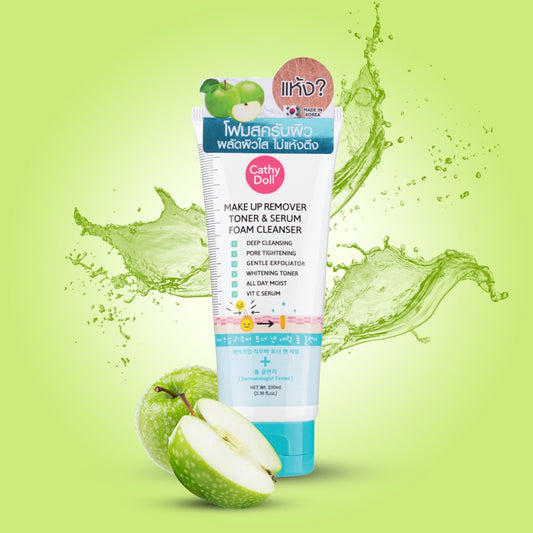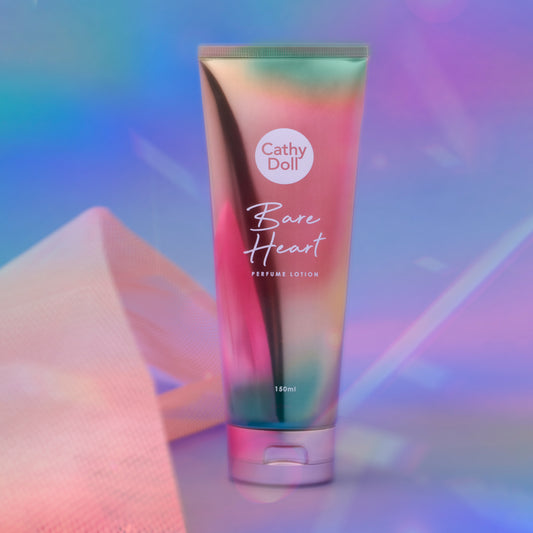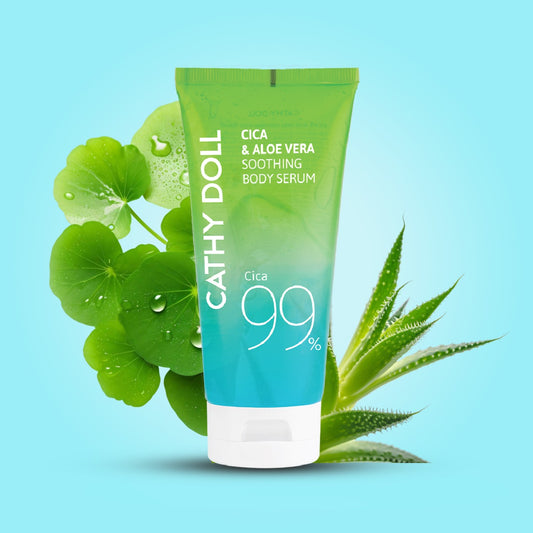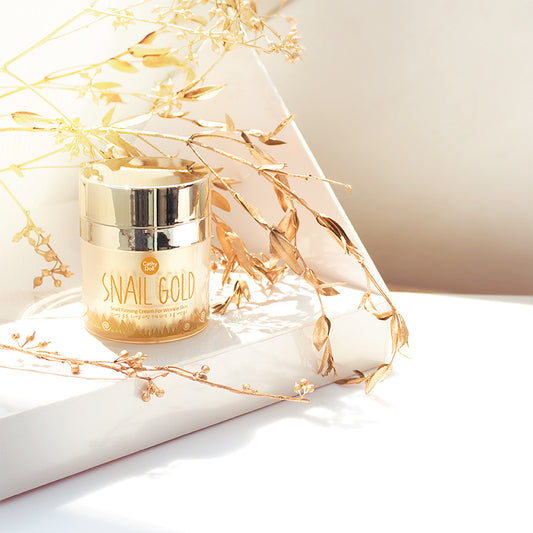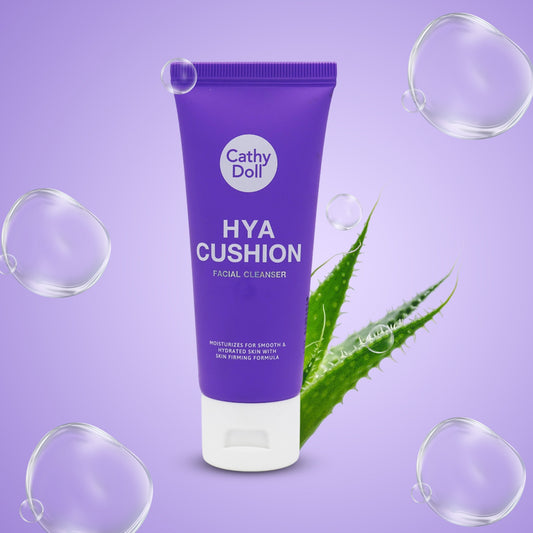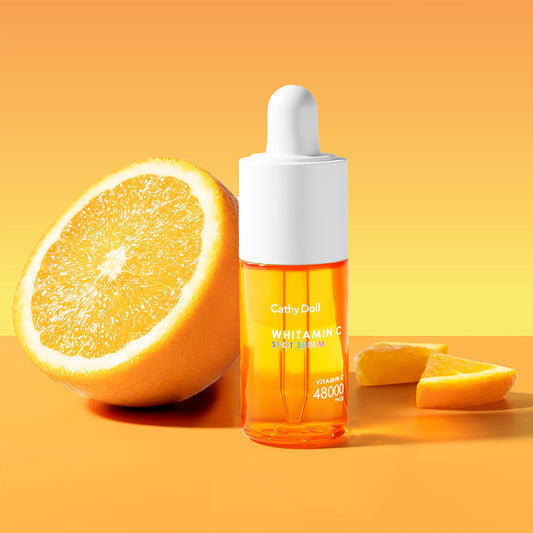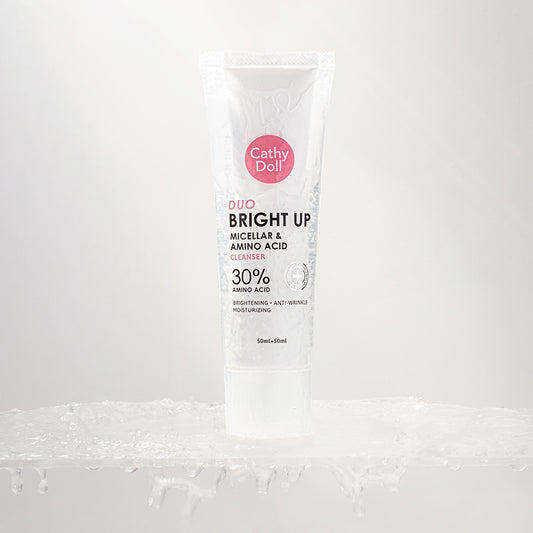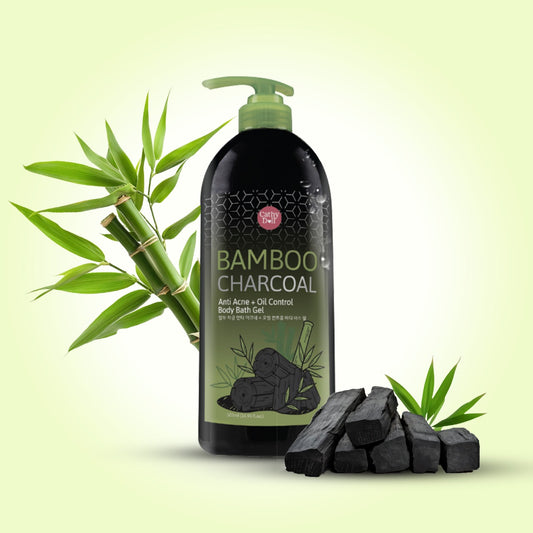Acne treatments often come with a side effect no one wants: dry, irritated skin. If you’ve ever used strong acne products and ended up with flakiness, tightness, or redness, you’re not alone. While it’s tempting to go all-in with harsh cleansers and drying spot treatments, overdoing it can damage your skin barrier and make things worse.
Here’s the good news: you can treat acne effectively without stripping your skin it just takes the right approach, gentle products, and a bit of patience.
The Balance Between Oil Control and Hydration
Acne-prone skin is often oily, but that doesn’t mean it’s hydrated. In fact, dehydrated skin can produce more oil to compensate for the dryness, creating a cycle of breakouts and irritation. That’s why maintaining hydration while treating acne is crucial.
A smart skincare routine targets breakouts while also calming, soothing, and strengthening the skin barrier.
Step-by-Step Routine to Treat Acne Without Dryness
1. Use a Gentle Cleanser (Not Harsh Soap)
Avoid foaming cleansers loaded with sulfates or alcohol. These can strip away natural oils and trigger more oil production. Instead, go for a mild facial cleanser that removes excess oil and dirt without disturbing the skin’s pH.
Pro tip: Look for formulas with tea tree, aloe vera, or centella asiatica for gentle yet effective cleansing.
2. Avoid Over-Exfoliating
Scrubbing your skin raw won't make the pimples disappear faster. In fact, it can damage your skin’s protective layer, causing more inflammation.
Limit exfoliation to 1–2 times a week, and choose chemical exfoliants like AHA or BHA over harsh physical scrubs.
3. Choose an Oil-Free, Non-Comedogenic Moisturizer
Yes, you absolutely need moisturizer even if your skin is oily. A lightweight, water-based moisturizer helps restore hydration and prevent dryness caused by acne treatments.
Look for ingredients like:
-
Niacinamide – helps reduce inflammation and redness
-
Aloe Vera – soothes and cools irritated skin
-
Hyaluronic Acid – deeply hydrates without clogging pores
4. Target Acne with Balanced Treatments
Spot treatments with salicylic acid or benzoyl peroxide can be effective but drying. To avoid damaging your skin, apply only on active breakouts not your entire face.
Alternatively, consider serums with tea tree, centella, or niacinamide which are gentler options for long-term use.
5. Don’t Forget Sun Protection
Many acne treatments make your skin more sensitive to UV rays. Skipping sunscreen can lead to post-acne marks and pigmentation.
Use a non-comedogenic, gel-based sunscreen daily even if you’re indoors to protect your skin while it heals.
Common Mistakes to Avoid
-
Using too many actives at once – More isn’t always better. Layering multiple acids or acne treatments can overload your skin.
-
Skipping moisturizer – This only makes skin oilier in the long run.
-
Popping pimples – It increases inflammation and causes scars.
-
Changing products too often – Give new products at least 2–3 weeks to show results.
Consistency Over Intensity
Treating acne isn’t about finding the strongest product it’s about finding what works gently and consistently. A calm, balanced routine that treats acne while nourishing the skin barrier leads to fewer flare-ups and faster healing.
Think of your skincare like your diet you wouldn’t starve your body to lose weight, so don’t strip your skin to clear acne. Feed it with hydration, soothing ingredients, and a touch of patience.
Takeaway: Heal Without Harm
Acne is frustrating, but drying out your skin isn’t the answer. With the right combination of gentle cleansers, hydrating moisturizers, and targeted acne treatments, you can fight breakouts without sacrificing your skin's health and glow.
Frequently Asked Questions (FAQs)
Q1. Can I use a moisturizer if I have oily and acne-prone skin?
A: Yes, absolutely! Using a lightweight, oil-free, and non-comedogenic moisturizer helps keep your skin hydrated without clogging pores. Skipping moisturizer can actually make your skin produce more oil, leading to more breakouts.
Q2. How do I treat acne without over-drying my skin?
A: Use a gentle facial cleanser, avoid alcohol-based products, and opt for soothing ingredients like aloe vera, niacinamide, or hyaluronic acid. Always follow up with a hydrating moisturizer and sunscreen.
Q3. What ingredients should I avoid if I have dry and acne-prone skin?
A: Avoid harsh ingredients like alcohol, sulfates, and excessive salicylic acid or benzoyl peroxide. These can irritate and dry out your skin. Choose formulas labeled “gentle” or “hydrating.”
Q4. Can acne treatments make my skin dry or flaky?
A: Yes, many acne treatments especially strong spot treatments can cause dryness, peeling, or flakiness. That’s why it’s important to use them in moderation and combine them with a hydrating skincare routine.


